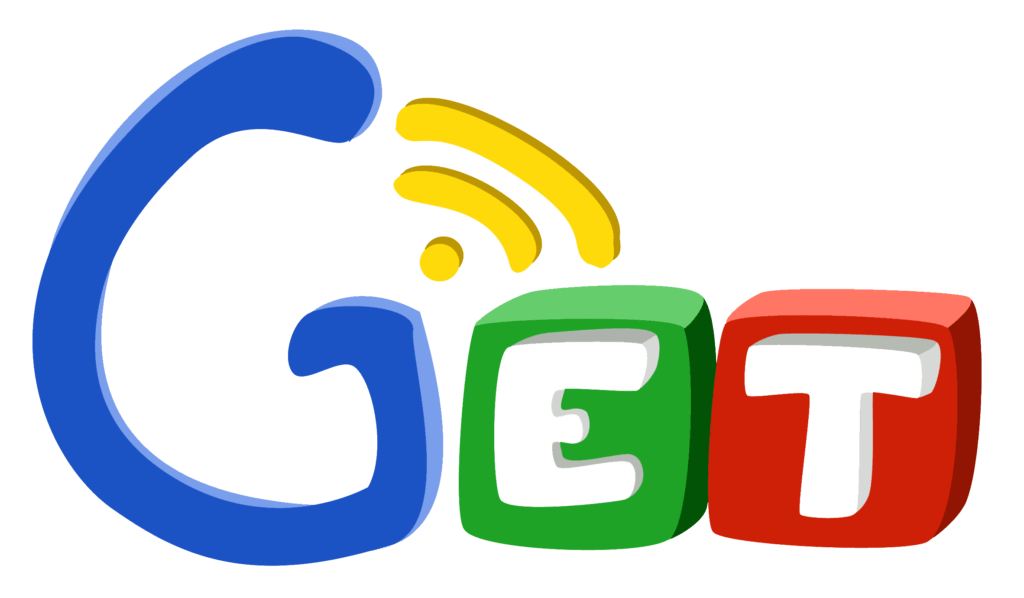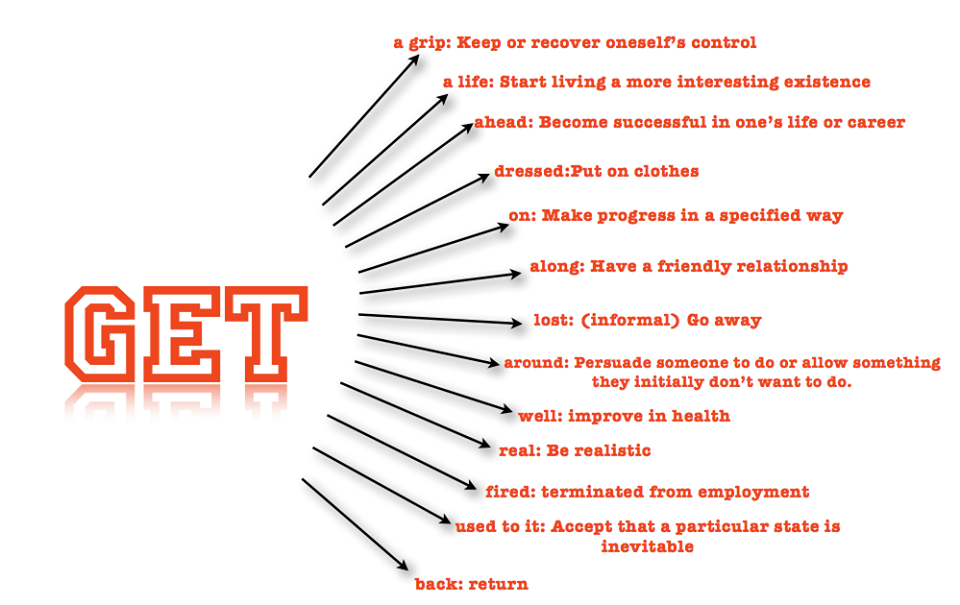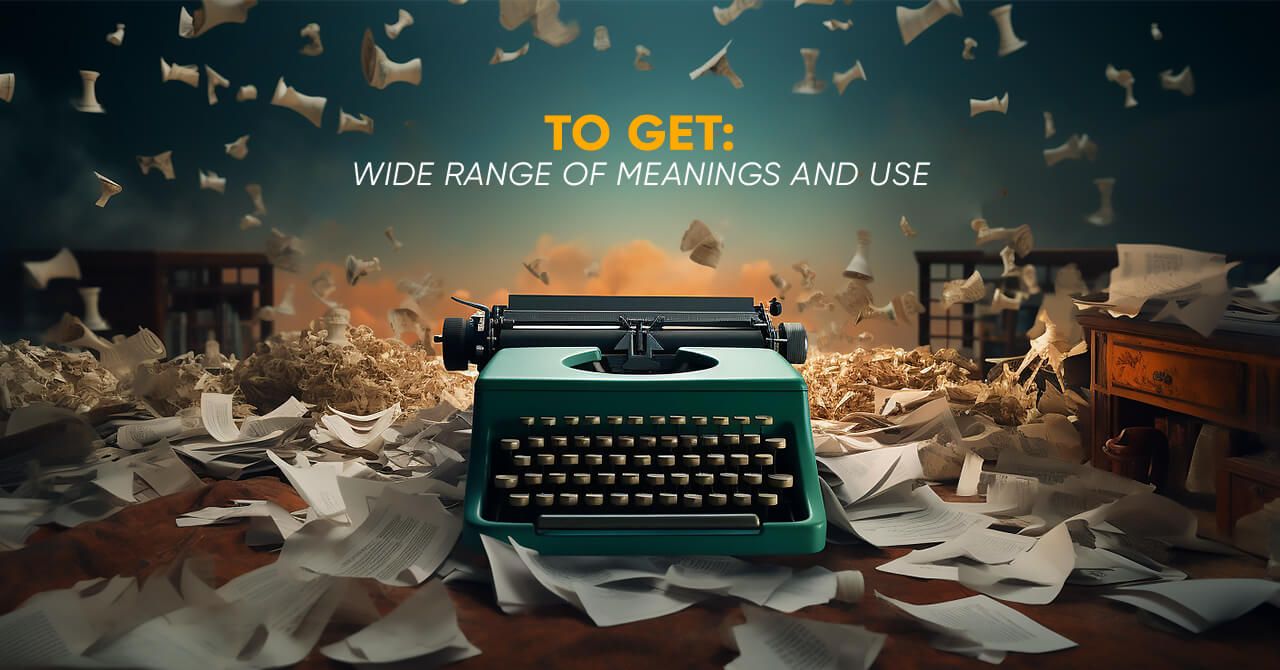How To Get Bipolar Disorder Diagnosed
How To Get Bipolar Disorder Diagnosed: Your Guide to Seeking Clarity
If you've been experiencing extreme shifts in mood, energy, and behavior, you might be wondering, How To Get Bipolar Disorder Diagnosed. It's a crucial step toward finding stability, and while the process can feel intimidating, understanding what to expect makes it much easier. You are taking a brave step just by seeking this information, and we're here to walk you through the journey toward clarity and an accurate diagnosis.
Bipolar disorder, characterized by dramatic mood swings between emotional highs (mania or hypomania) and lows (depression), is complex. Getting a formal diagnosis isn't a quick fix, but it opens the door to effective treatment and better management of your life. Let's explore the signs and the specific steps you need to take.
Recognizing the Signs: Is It Bipolar Disorder?
Before you seek a diagnosis, it helps to reflect honestly on your experiences. Bipolar disorder doesn't just mean "moody." It involves distinct, sustained episodes that last for days or weeks, significantly impacting your ability to function, work, and maintain relationships.
It's important to remember that these symptoms must be chronic and severe enough to meet specific diagnostic criteria outlined in the DSM-5 (Diagnostic and Statistical Manual of Mental Disorders).
Understanding Mania and Hypomania
Mania is the hallmark of Bipolar I disorder, while hypomania (a less severe version of mania) is associated with Bipolar II. During these highs, you often feel invincible, needing very little sleep but having immense energy. Your thoughts race, and sometimes, judgment can be severely impaired.
Here are some common symptoms your doctor will ask about regarding manic episodes. Note that for a diagnosis, several of these symptoms must be present for at least one week (or any duration if hospitalization is necessary):
- Feeling unusually wired, extremely euphoric, or "high" for several days.
- Decreased need for sleep (e.g., sleeping only 3 hours and feeling rested).
- Rapid speech or "pressured" speech; jumping quickly between unrelated ideas (flight of ideas).
- Increased impulsivity, such as engaging in risky behaviors, excessive spending, or making grand, unrealistic plans.
- Increased goal-directed activity or significant psychomotor agitation.
The Depressive Episodes
The depressive phase of bipolar disorder often resembles major depression, but the treatment approach is very different, highlighting why an accurate diagnosis is critical. These lows can be debilitating and dangerous, sometimes lasting for months.
During a depressive episode, you might experience several of these symptoms for most of the day, nearly every day, for at least two weeks:
- Profound sadness, hopelessness, and loss of interest or pleasure in almost all activities (anhedonia).
- Significant changes in appetite or weight (up or down).
- Fatigue, lack of energy, or feeling "slowed down."
- Difficulty concentrating, remembering things, or making simple decisions.
- Recurrent thoughts of death or suicide, or planning suicide.
Taking the First Step: Whom to Talk To
Once you recognize a pattern of symptoms, the next logical question in the process of How To Get Bipolar Disorder Diagnosed is who you should approach first. It's highly advisable to start documenting your symptoms immediately—keeping a daily mood log will provide crucial, objective data for the professional.
Starting with Your Primary Care Physician (PCP)
While a PCP cannot officially diagnose bipolar disorder, they serve a vital gatekeeper function. They can order comprehensive blood work and physical exams to rule out physical causes for your symptoms, such as thyroid problems, nutrient deficiencies, or medication side effects, which can often mimic mood disorders.
Be completely honest about everything you are experiencing, including any history of unusual highs or extreme risk-taking. If physical causes are ruled out, your PCP can provide a necessary referral to a specialized mental health professional.
Connecting with Mental Health Specialists
For a formal diagnosis of bipolar disorder, you need to see a psychiatrist or a licensed clinical psychologist, though a psychiatrist is usually preferred for initial assessment. A psychiatrist is a medical doctor who specializes in mental health and can prescribe and manage necessary mood-stabilizing medications, which are the backbone of bipolar treatment.
When searching for a specialist, look for someone who explicitly lists experience treating affective disorders, especially bipolar disorder. This specialized knowledge is key to getting an accurate assessment quickly, rather than navigating misdiagnosis.
The Diagnostic Process: What to Expect
The diagnosis of bipolar disorder is clinical, meaning there is no single lab test that confirms it. Instead, the specialist relies heavily on a thorough psychiatric interview, review of medical history, and observation of your history over time.
To successfully navigate the process of How To Get Bipolar Disorder Diagnosed, here is what typically happens during your appointments:
- Detailed Clinical Interview: This is the most crucial step. Your doctor will ask comprehensive questions about your life history, family mental health history (as bipolar disorder often runs in families), and specific symptoms. They need to understand the duration, severity, and frequency of your mood swings.
- Symptom Tracking (Mood Charting): Since bipolar disorder is episodic, doctors almost always ask patients to track their moods, sleep patterns, energy levels, and medications over several weeks or months. This objective, long-term data helps confirm cyclical patterns, which is essential for diagnosis.
- Reviewing DSM-5 Criteria: The clinician uses the standard criteria to ensure your symptoms fit either Bipolar I (requiring at least one manic episode) or Bipolar II (requiring at least one hypomanic and one major depressive episode). They must differentiate your experience from conditions like borderline personality disorder or unipolar depression.
- Information from Loved Ones: Since insight can be impaired during manic episodes, the clinician may, with your permission, talk to family members or close friends. Their observations about changes in your behavior that you might not recall are often invaluable for a complete picture.
Be prepared for the diagnostic process to take time. Since mood episodes can be far apart, gathering enough evidence to make a firm diagnosis often requires patience and consistency in tracking your moods.
Potential Challenges in Diagnosis
It is unfortunately common for individuals seeking treatment to face initial misdiagnosis, especially because bipolar depression looks so much like standard major depression. Research suggests that a significant percentage of people with bipolar disorder are initially diagnosed with something else entirely.
The complexity of human behavior and the overlap of symptoms with other mental health conditions contribute significantly to this challenge.
Misdiagnosis and Comorbid Conditions
The biggest difficulty lies in differentiating between Bipolar II and Major Depressive Disorder, especially if manic or hypomanic episodes are subtle, brief, or unrecognized by the patient. If you are diagnosed with Major Depressive Disorder and treated solely with antidepressants without a mood stabilizer, this can sometimes trigger a manic or rapid-cycling episode, confirming the bipolar diagnosis.
Furthermore, bipolar disorder frequently co-occurs with other conditions, complicating the diagnostic picture:
- Anxiety disorders (including Generalized Anxiety Disorder and Panic disorder).
- Substance use disorders (often used to self-medicate during severe mood swings).
- ADHD (Attention Deficit Hyperactivity Disorder), which shares symptoms like restlessness and impulsivity with mania.
- Eating disorders.
Make sure you discuss all co-occurring symptoms with your specialist. Addressing these simultaneous issues is essential for successful treatment planning after you figure out How To Get Bipolar Disorder Diagnosed and receive treatment.
Conclusion: Moving Forward After Diagnosis
The road to figuring out How To Get Bipolar Disorder Diagnosed requires courage, honesty, and persistence. While it can feel overwhelming, achieving an accurate diagnosis is the most powerful tool you have for gaining control over your life and managing your symptoms effectively.
If you suspect you may have bipolar disorder, don't delay talking to a professional. Remember that diagnosis is not a definition of who you are; it is simply a map showing the most effective route to stability. By working closely with experienced mental health professionals, tracking your symptoms diligently, and being patient with the process, you can achieve clarity and begin a successful treatment journey centered around mood stabilization and ongoing therapy.
Frequently Asked Questions (FAQ)
- Q: How long does it usually take to get a bipolar disorder diagnosis?
- A: The average time frame is often long—sometimes several years from the onset of symptoms—due to misdiagnosis and the episodic nature of the illness. However, if you are seeing a specialist and diligently tracking your moods, the process can be much faster.
- Q: Can a general practitioner diagnose bipolar disorder?
- A: While a GP can screen for symptoms and rule out physical causes, they are generally not qualified to make a definitive diagnosis of bipolar disorder. This diagnosis requires a psychiatrist (MD) or an experienced clinical psychologist.
- Q: What is the difference between Bipolar I and Bipolar II?
- A: Bipolar I disorder involves at least one episode of full mania (which may or may not be followed by depression). Bipolar II disorder involves at least one episode of hypomania (a less severe form of mania) and at least one major depressive episode.
- Q: Is bipolar disorder curable?
- A: Currently, there is no cure, but bipolar disorder is highly manageable. Treatment typically involves a combination of mood-stabilizing medication and psychotherapy (like Cognitive Behavioral Therapy or Dialectical Behavior Therapy) to help maintain stable moods and cope with triggers.
How To Get Bipolar Disorder Diagnosed
How To Get Bipolar Disorder Diagnosed Wallpapers
Collection of how to get bipolar disorder diagnosed wallpapers for your desktop and mobile devices.

Stunning How To Get Bipolar Disorder Diagnosed Background in 4K
This gorgeous how to get bipolar disorder diagnosed photo offers a breathtaking view, making it a perfect choice for your next wallpaper.

Detailed How To Get Bipolar Disorder Diagnosed Picture for Mobile
Experience the crisp clarity of this stunning how to get bipolar disorder diagnosed image, available in high resolution for all your screens.

Spectacular How To Get Bipolar Disorder Diagnosed Design Art
A captivating how to get bipolar disorder diagnosed scene that brings tranquility and beauty to any device.

Detailed How To Get Bipolar Disorder Diagnosed Moment Nature
Transform your screen with this vivid how to get bipolar disorder diagnosed artwork, a true masterpiece of digital design.

Vibrant How To Get Bipolar Disorder Diagnosed Design for Your Screen
Transform your screen with this vivid how to get bipolar disorder diagnosed artwork, a true masterpiece of digital design.

High-Quality How To Get Bipolar Disorder Diagnosed Abstract for Your Screen
Explore this high-quality how to get bipolar disorder diagnosed image, perfect for enhancing your desktop or mobile wallpaper.

Lush How To Get Bipolar Disorder Diagnosed Picture Digital Art
A captivating how to get bipolar disorder diagnosed scene that brings tranquility and beauty to any device.

Gorgeous How To Get Bipolar Disorder Diagnosed Capture Concept
Immerse yourself in the stunning details of this beautiful how to get bipolar disorder diagnosed wallpaper, designed for a captivating visual experience.

Vivid How To Get Bipolar Disorder Diagnosed Photo Digital Art
Transform your screen with this vivid how to get bipolar disorder diagnosed artwork, a true masterpiece of digital design.

Vibrant How To Get Bipolar Disorder Diagnosed Scene Photography
Transform your screen with this vivid how to get bipolar disorder diagnosed artwork, a true masterpiece of digital design.

Captivating How To Get Bipolar Disorder Diagnosed Artwork Collection
A captivating how to get bipolar disorder diagnosed scene that brings tranquility and beauty to any device.

Mesmerizing How To Get Bipolar Disorder Diagnosed Landscape Concept
Experience the crisp clarity of this stunning how to get bipolar disorder diagnosed image, available in high resolution for all your screens.

Artistic How To Get Bipolar Disorder Diagnosed Abstract for Your Screen
A captivating how to get bipolar disorder diagnosed scene that brings tranquility and beauty to any device.

Vivid How To Get Bipolar Disorder Diagnosed Artwork Collection
Discover an amazing how to get bipolar disorder diagnosed background image, ideal for personalizing your devices with vibrant colors and intricate designs.

Vivid How To Get Bipolar Disorder Diagnosed Artwork Nature
Transform your screen with this vivid how to get bipolar disorder diagnosed artwork, a true masterpiece of digital design.

Amazing How To Get Bipolar Disorder Diagnosed Design Nature
Transform your screen with this vivid how to get bipolar disorder diagnosed artwork, a true masterpiece of digital design.

Stunning How To Get Bipolar Disorder Diagnosed Design for Your Screen
This gorgeous how to get bipolar disorder diagnosed photo offers a breathtaking view, making it a perfect choice for your next wallpaper.

Breathtaking How To Get Bipolar Disorder Diagnosed Scene in HD
Experience the crisp clarity of this stunning how to get bipolar disorder diagnosed image, available in high resolution for all your screens.

Captivating How To Get Bipolar Disorder Diagnosed Background in 4K
Find inspiration with this unique how to get bipolar disorder diagnosed illustration, crafted to provide a fresh look for your background.

Serene How To Get Bipolar Disorder Diagnosed Wallpaper for Desktop
Transform your screen with this vivid how to get bipolar disorder diagnosed artwork, a true masterpiece of digital design.
Download these how to get bipolar disorder diagnosed wallpapers for free and use them on your desktop or mobile devices.
0 Response to "How To Get Bipolar Disorder Diagnosed"
Post a Comment